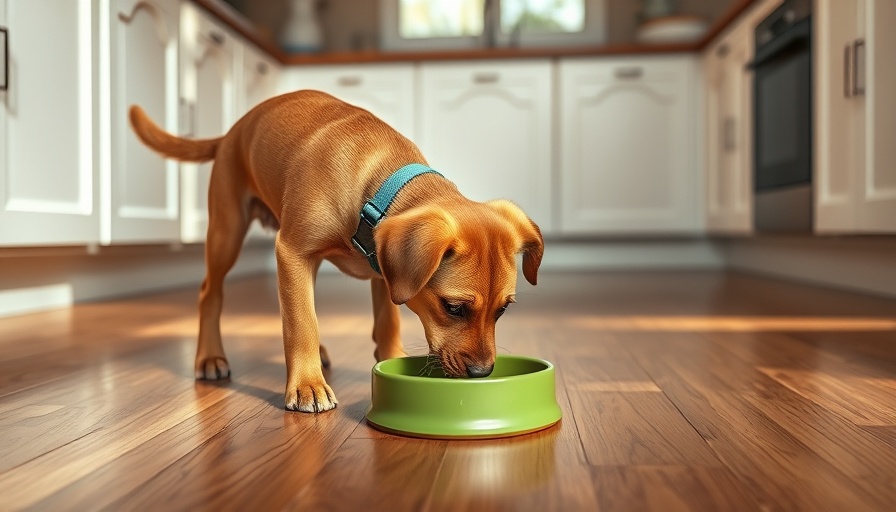
FDA's Urgent Warning: Contaminated Dog Food Linked to E. Coli and Salmonella
In a concerning announcement, the FDA has flagged specific lots of Darwin's Natural Pet Products as potentially dangerous due to contamination with harmful bacteria. Tests revealed positive results for Escherichia coli O157:H7 and two strains of Salmonella in the company's dog food products, raising alarms for both pet owners and public health officials.
Why Should Pet Owners Be Concerned?
The implicated strains are not just any bacteria; E. coli O157:H7 is notorious for causing severe, often life-threatening complications in humans, including HUS (hemolytic uremic syndrome), a serious kidney condition. Most concerning is that pets can be asymptomatic carriers, shedding the bacteria through their waste, which can easily spread to family members. This was highlighted in a recent case where a four-year-old child required hospitalization due to complications from the bacteria after contact with a family dog that ate the affected food.
Additionally, the Salmonella Infantis strain has become a growing public health concern, particularly as it has demonstrated multidrug resistance. People, especially those who are young, elderly, or immunocompromised, can experience severe symptoms like fever and abdominal cramps, which can escalate if not addressed promptly.
When Pets Show Symptoms
While the infection tends to be milder in pets, they can still exhibit signs of illness, such as nausea, vomiting, and diarrhea. Vulnerable pets with weakened immune systems might face more severe health issues. According to the FDA, prompt veterinary attention is essential if your pet shows these symptoms.
This alarming situation highlights the importance of vetting pet food brands and being aware of potential recalls or contamination risks. As veterinary practitioners, you play a pivotal role in educating clients on the hazards of contaminated foods and how to protect their health and their pets' health.
Act Now - Review your inventory, communicate with pet owners about these risks, and promote pet food safety practices to ensure the health and wellness of your clients and their beloved companions.
 Add Row
Add Row  Add
Add 




Write A Comment